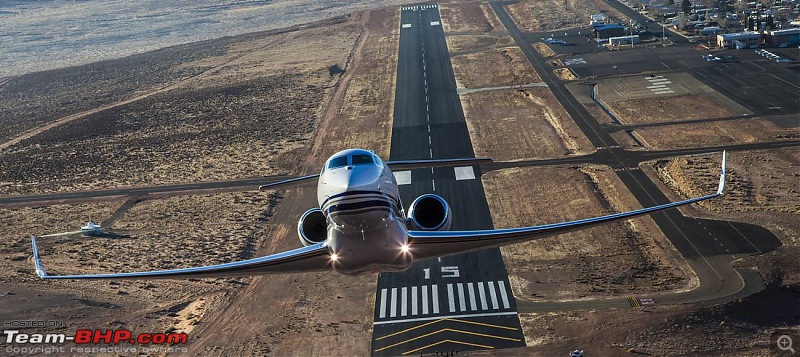| | #1 |
| BANNED Join Date: Apr 2011 Location: Hyderabad
Posts: 911
Thanked: 1,557 Times
| |
| |  (25)
Thanks (25)
Thanks
|
| | #2 |
| Distinguished - BHPian  | |
| |  (12)
Thanks (12)
Thanks
|
| | #3 |
| BHPian Join Date: Mar 2009 Location: Bangalore
Posts: 289
Thanked: 250 Times
| |
| |
| | #4 |
| BANNED Join Date: Apr 2011 Location: Hyderabad
Posts: 911
Thanked: 1,557 Times
| |
| |
| | #5 |
| Team-BHP Support  | |
| |  (4)
Thanks (4)
Thanks
|
| | #6 |
| BHPian | |
| |  (27)
Thanks (27)
Thanks
|
| | #7 |
| Senior - BHPian Join Date: Jan 2008 Location: Bombay
Posts: 1,481
Thanked: 1,135 Times
| |
| |  (3)
Thanks (3)
Thanks
|
| | #8 |
| Team-BHP Support  Join Date: Apr 2013 Location: Madras
Posts: 7,339
Thanked: 20,688 Times
| |
| |  (8)
Thanks (8)
Thanks
|
| | #9 |
| Distinguished - BHPian  | |
| |  (12)
Thanks (12)
Thanks
|
| | #10 |
| BHPian | |
| |  (3)
Thanks (3)
Thanks
|
| | #11 |
| Distinguished - BHPian  | |
| |  (6)
Thanks (6)
Thanks
|
| |
| | #12 |
| Distinguished - BHPian  Join Date: Jun 2012 Location: BengaLuru
Posts: 5,956
Thanked: 21,241 Times
| |
| |  (3)
Thanks (3)
Thanks
|
| | #13 |
| BANNED Join Date: Apr 2011 Location: Hyderabad
Posts: 911
Thanked: 1,557 Times
| |
| |  (7)
Thanks (7)
Thanks
|
| | #14 |
| BHPian Join Date: Jan 2009 Location: San Jose, CA
Posts: 289
Thanked: 311 Times
| |
| |  (1)
Thanks (1)
Thanks
|
| | #15 |
| Distinguished - BHPian  Join Date: Jun 2012 Location: BengaLuru
Posts: 5,956
Thanked: 21,241 Times
| |
| |  (2)
Thanks (2)
Thanks
|
 |
Most Viewed










